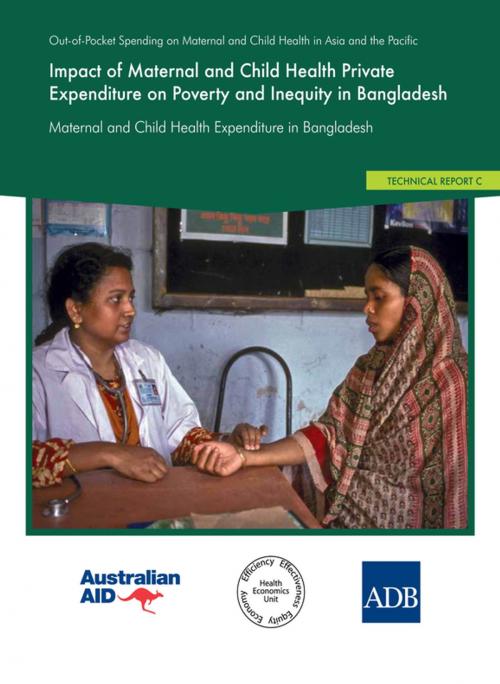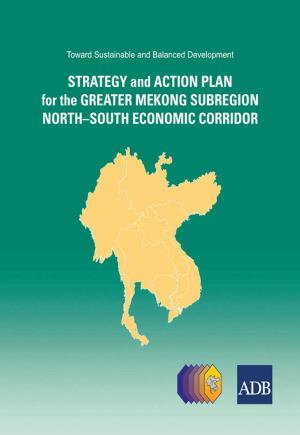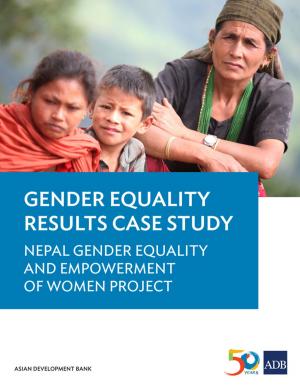Impact of Maternal and Child Health Private Expenditure on Poverty and Inequity in Bangladesh
Business & Finance, Economics, Sustainable Development, Economic Development| Author: | Asian Development Bank | ISBN: | 9789290929772 |
| Publisher: | Asian Development Bank | Publication: | December 1, 2012 |
| Imprint: | Asian Development Bank | Language: | English |
| Author: | Asian Development Bank |
| ISBN: | 9789290929772 |
| Publisher: | Asian Development Bank |
| Publication: | December 1, 2012 |
| Imprint: | Asian Development Bank |
| Language: | English |
The Government of Bangladesh has made it a priority to expand access to maternal, neonatal, and child health (MNCH) services. However, healthcare services in Bangladesh are predominantly financed through household out-of-pocket expenditures. This study used a number of different data sources and innovative methods to determine overall expenditures on MNCH treatment, and how they are financed. Total expenditure on MNCH patient services is estimated at Taka 17.3 billion in fiscal year 2007, which represents 12% of total recurrent expenditures on health. Of this expenditure, 60% was for treating children under the age of 5 years, and only 28% was for childbirth care. In terms of financing, the government financed only 28% of this expenditure. More than two- thirds of MNCH expenditures in 2006-2007 was financed through household out-of-pocket spending, most of which was spent on purchasing medicines and other commodities from private pharmacies. The findings suggest the need for substantial increases in public funding of MNCH services, with the prioritization of increased funding to childbirth care and improving the availability of medicines at MOHFW facilities
The Government of Bangladesh has made it a priority to expand access to maternal, neonatal, and child health (MNCH) services. However, healthcare services in Bangladesh are predominantly financed through household out-of-pocket expenditures. This study used a number of different data sources and innovative methods to determine overall expenditures on MNCH treatment, and how they are financed. Total expenditure on MNCH patient services is estimated at Taka 17.3 billion in fiscal year 2007, which represents 12% of total recurrent expenditures on health. Of this expenditure, 60% was for treating children under the age of 5 years, and only 28% was for childbirth care. In terms of financing, the government financed only 28% of this expenditure. More than two- thirds of MNCH expenditures in 2006-2007 was financed through household out-of-pocket spending, most of which was spent on purchasing medicines and other commodities from private pharmacies. The findings suggest the need for substantial increases in public funding of MNCH services, with the prioritization of increased funding to childbirth care and improving the availability of medicines at MOHFW facilities















